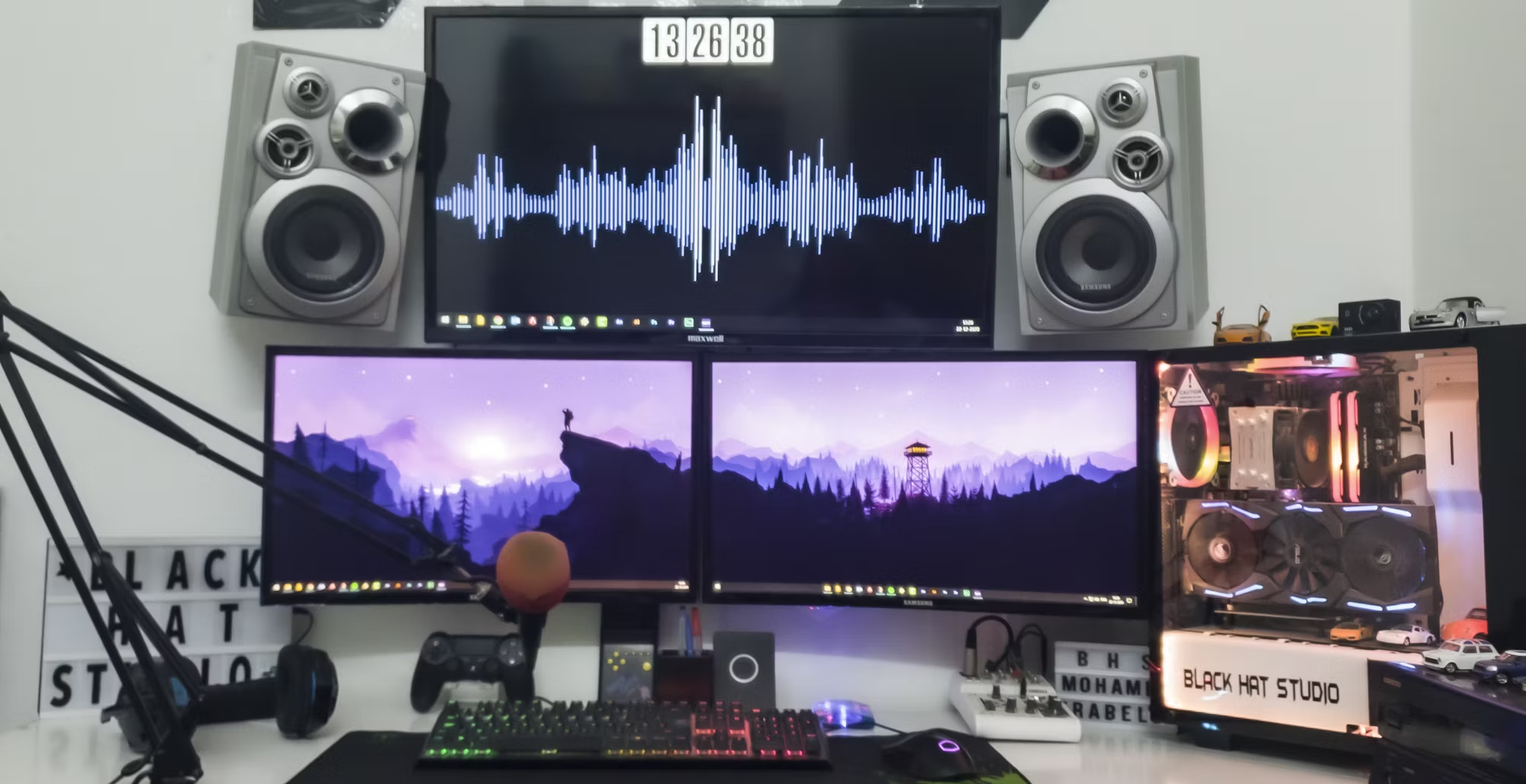Indie games have emerged as a powerful force within the gaming industry, capturing the hearts of players and critics alike. These games, often created by small teams or even individual developers, showcase incredible creativity and innovation. This article explores the rise of indie games, their unique characteristics, and the challenges and triumphs that define this vibrant sector of gaming.
The Rise of Indie Games
The term “indie” refers to independent developers who create games without the financial backing of large publishers. The indie game movement gained momentum in the early 2000s, fueled by the increasing accessibility of game development tools and platforms. With the advent of digital distribution, developers could share their creations with a global audience without needing a publisher.
Titles like “Braid,” released in 2008, marked a turning point for indie games, demonstrating that small teams could produce experiences rivaling those of major studios. The success of such games inspired a wave of developers to explore innovative concepts and push the boundaries of gameplay mechanics and storytelling. This shift not only diversified the types of games available but also encouraged a more experimental approach to design.
Unique Qualities of Indie Games
One of the defining characteristics of indie games is their focus on creativity and innovation. Unlike big-budget titles that often adhere to proven formulas, indie developers frequently take risks, experimenting with unconventional gameplay mechanics, art styles, and narratives. This willingness to innovate leads to the creation of unique experiences that challenge players in new ways.
For example, games like “Journey” emphasize emotional storytelling and exploration over traditional objectives, while titles like “Super Meat Boy” showcase challenging platforming mechanics. These distinctive approaches attract players seeking something different from mainstream offerings.
Additionally, indie games often prioritize artistic expression. Many indie developers use their games as a medium to convey personal stories, social commentary, or emotional experiences. This artistic intent resonates with players, creating a deeper connection between the game and its audience. Titles like “Celeste” tackle themes of mental health and perseverance, allowing players to engage with meaningful narratives while enjoying gameplay.
The Community and Culture
The indie game community is characterized by collaboration and support. Developers often share resources, advice, and feedback, fostering a culture of learning and growth. Game jams, events where developers create games within a short time frame, exemplify this collaborative spirit. These events encourage experimentation and innovation, often leading to the creation of unique prototypes and ideas.
Moreover, the indie community is known for its inclusivity, welcoming developers from diverse backgrounds and experiences. This diversity contributes to a wider range of narratives and gameplay styles, enriching the overall gaming landscape. The success of games like “Hades” and “Stardew Valley” showcases the impact of diverse voices in the industry, proving that unique perspectives can resonate with a broad audience.
Challenges Faced by Indie Developers
Despite their creativity and innovation, indie developers face numerous challenges in the gaming industry. One of the primary hurdles is securing funding. Unlike larger studios with substantial resources, indie developers often rely on personal savings, crowdfunding, or small investments to finance their projects. This financial strain can limit their ability to hire additional team members or invest in marketing, making it difficult to reach potential players.
Additionally, the crowded digital marketplace presents another obstacle. With thousands of games being released each year, standing out in a sea of competition is challenging. Indie developers must find effective marketing strategies to draw attention to their games, often relying on social media, community engagement, and word-of-mouth.
The Role of Platforms
Digital distribution platforms have played a crucial role in the success of indie games. Services like Steam, itch.io, and the Epic Games Store provide indie developers with a platform to showcase their creations to a global audience. These platforms often feature tools for developers to manage sales, updates, and community interactions, empowering them to maintain control over their projects.
Moreover, the rise of console platforms, such as the Nintendo Switch and PlayStation, has opened new avenues for indie games. These consoles offer opportunities for indie titles to reach larger audiences, contributing to their increasing visibility and popularity. Titles like “Hollow Knight” and “Cuphead” have found success on multiple platforms, illustrating the demand for high-quality indie experiences.
The Future of Indie Gaming
As the gaming industry continues to evolve, the future of indie games looks promising. The increasing availability of game development tools and resources makes it easier for aspiring developers to enter the field. With platforms like Unity and Unreal Engine offering user-friendly interfaces, more individuals can turn their creative ideas into playable games.
Furthermore, the growing acceptance of indie games within mainstream gaming culture signals a shift in player attitudes. As players seek unique experiences and narratives, the demand for innovative indie titles will likely continue to rise. Events like the Game Awards and PAX highlight indie games, showcasing their significance within the industry and fostering greater appreciation for these creative endeavors.
Conclusion
Indie games have transformed the gaming landscape, offering players innovative experiences that often challenge conventional norms. With their focus on creativity, artistic expression, and community collaboration, indie developers have carved out a unique space in the industry. While challenges remain, the resilience and passion of indie developers continue to drive the movement forward. As the industry evolves, the impact of indie games will undoubtedly shape the future of gaming, inspiring new generations of players and creators alike.
